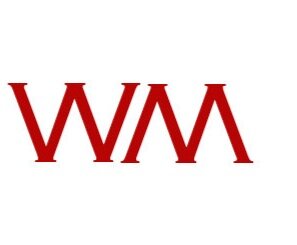White Signs
The series White Signs resulted from travels in the American Southwest from 2009 to 2016. The project began with exclusively white signs but has since evolved to include any sign whose original purpose is defunct, obscure: in other words, signs that are no longer signs.
These images examine the challenge of understanding things that border a highway, which typically occurs from a car moving at high speed. Because the view isn’t stationary the signs aren’t seen from either a single perspective or multiple stationary perspectives. Rather, they’re experienced like a film, in a blur that’s usually peripheral to the main focus of vision.
McKay’s desire is to explore the elements of time, the erasure of history and the act of seeing. A road is a slice through a landscape, designed to facilitate travel from Point A to B in the shortest time possible. The white signs are historical markers that time has passed by and no longer point to anything. They’ve become artifacts that, if noticed at all, are viewed nostalgically, historically, as objects displaying the ravages of time, with rusting substructures, peeling paint, etc. Apparently blank, they are palimpsests of the automobile age in America.
The works are large, 60” high, digital collage/archival pigment prints that combine three digital frames. The composition emphasizes the continuity of the form by disguising the seams between frames in the sky and the sign. The goal is to create a coherent composition, not to mimic reality seamlessly, resulting in an image that is marginally disjointed and partially distorted but that flows as a coherent whole. The technique thus questions how we view any part of a landscape, whether in a single broad scan or in glances that we mentally re-assemble.
By choice of subject matter and technique, the white signs pictures imply that we see objects with a mix of methods: by slicing, blurring, freezing, and re-composing. Suggesting that an image, just like time itself, is an internal construct, not a universal constant.
Wit McKay
